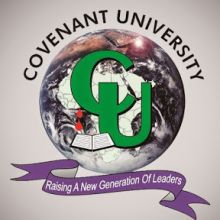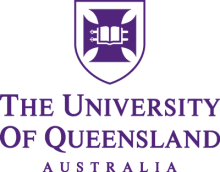About Grinnell College
Grinnell College was founded in 1846 by New England Congregationalists and the first students graduated in 1854. The American Civil War saw the institution lose most of its students and professors but the numbers rose again in the following decade as women were allowed to earn degrees there and the college’s academic offering widened. In 1882 large parts of the college were destroyed by a tornado and the rebuilding process saw the curriculum enlarged again. These days Grinnell is a thriving private liberal arts college, still guided by its founding principles of social responsibility and rigorous education.
The college offers students a choice of around 26 majors and 12 concentrations. Grinnell frequently ranks well among similar US liberal arts colleges and this is partly thanks to its innovative academic structure. Students are required to take control of their own courses of study; they are allowed to choose all their own classes with guidance from faculty members. The college has a focus on active learning and one-on-one teaching between staff and students.
There is also a strong international focus at the college with more than 70 off-campus programs on offer including study tours of Russia, Greece, China and France as well as study programs in Africa, South America and the Middle East.
The college campus is located in the town of Grinnell, Iowa and occupies 120 acres. There are 63 buildings including residential, academic and sporting facilities as well as an environmental research area and the college library.
Explore these featured universities
Explore rankings data for Grinnell College
Key statistics
- $54,354Out-of-state Tuition and Fees(1)
- $13,292On-campus Room and Board(1)
- $45,500Salary after 10 years(1)
- n/aProportion of ISR Publications(2)
- 54 : 46Student Ratio of Females to Males(2)
- 19%Percentage of International Students(2)
- 8.0No. of students per staff(2)
- 1,679Number of FTE Students(2)
Subjects taught at Grinnell College
Social sciences
- Sociology
- Politics & International Studies (incl Development Studies)
Arts & humanities
- History, Philosophy & Theology
- Art, Performing Arts & Design
- Languages, Literature & Linguistics
Physical sciences
- Mathematics & Statistics
- Physics & Astronomy
- Chemistry
Psychology
- Psychology
Computer science
- Computer Science
Life sciences
- Biological Sciences
Business & economics
- Economics & Econometrics






